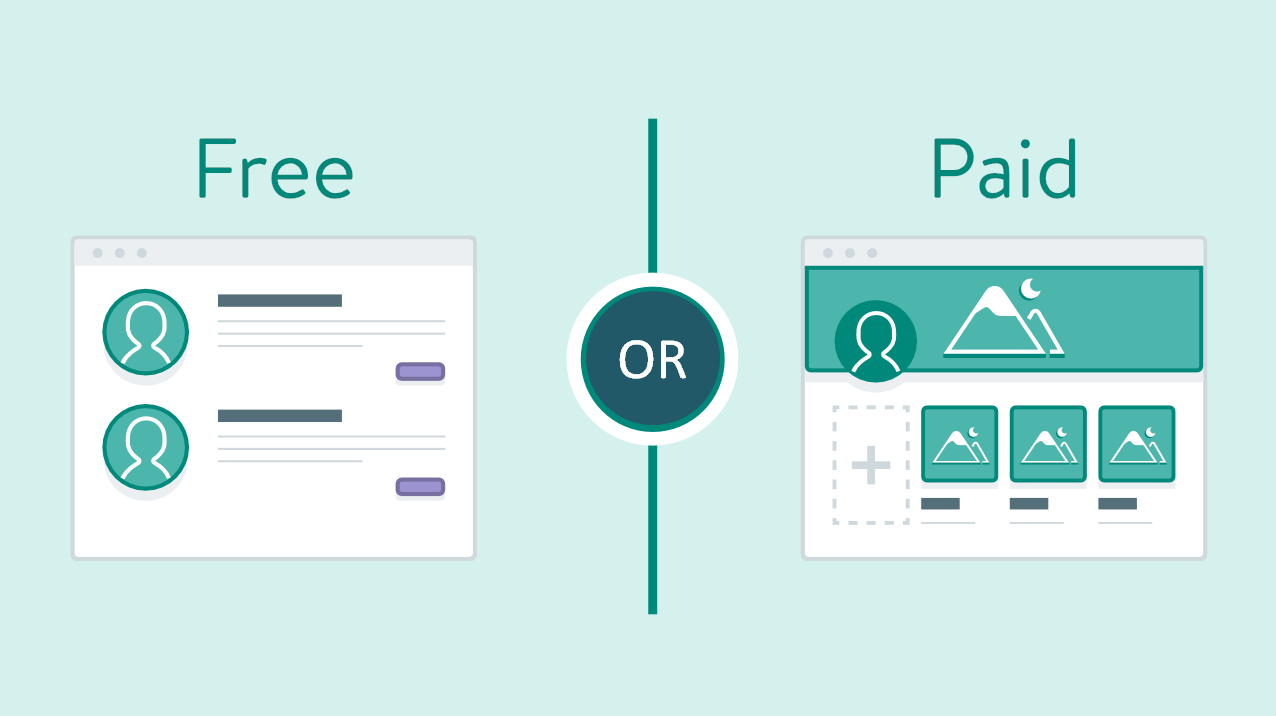It’s was birthday yesterday and team did a special announcement hope you take advantage of this.
Now back to our email.
Today I thought I will a meaty email, so here we go…
Recently, I came across a rage by a well-respected, knowledgeable, and experienced professional marketer.
He was upset because people kept asking (and expecting) him to answer questions for free.
When he suggested they purchase his book which contained the answers they were asking, some were offended.
He made the point that we pay for dental work, dry-cleaning, car repairs and so on, so why should his advice be any different?
He has a point.
If you go to the dentist because your gums are sore, you don’t expect the dentist to diagnose your problem for free.
If your automobile is making a funny sound, you don’t expect your mechanic to fix it for free.
If you want to remodel your kitchen, but don’t know how to do it, you don’t buy the materials and expect a carpenter to come in and show you how to do it for free.
If your goal is to earn a college degree, you don’t expect to be given free tuition to gain that knowledge.
His rage was met with overwhelming support.
People responded by commenting that those who want the answers for free… aren’t serious about their business…
…feel entitlement… and are demonstrating “employee behavior” where employees expect to be spoon-fed.
Plus on top of all that, they don’t value the information because they paid nothing for it.
There were dozens of comments. The list of people in support of paying for information that contained knowledgeable answers was long and firm.
One person made the point, “Nobody works for free”.
Even when voluntary, there is usually the expectation that there will be some sort of remuneration on the back end.
So the question I have for you today is:
Are you giving away answers—information—when people would (and should) gladly pay you for it?
Here are four steps to find out.
Step One: Do some easy research.
Start by thinking about what people ask you or what advice you continually repeat. If you are not sure, then ask people to help identify their frustrations to see if you might have a solution for them.
Below are three categories to get you started:
Solutions to daily frustrations in your market. For example, do they have employee problems, a lack of customers, problems satisfying customers’ orders, problems finding good suppliers, companies luring their customers with low prices or false information?
If you find yourself answering any of these questions then you may have information people want and will pay you for it.
Solutions to frustrations for hobbyists. People who are passionate about a hobby… cooking, knitting, gardening, traveling, playing an instrument, etc.…want ways to do these things better.
They take pride in improving or want ways to enjoy their hobby more.
Can you see how all of these would get rid of a frustration and making the hobby more enjoyable?
Advice you repeat again and again and again. Do you have advice that you continually repeat? Such as parenting advice or how all six of your kids got through college without any debt?
If there is something you repeat to friends, family, or at functions and parties, it might be something people would pay to receive.
Step two: Investigate the market.
Once you have an idea, find out more about the market:
How big is it?
How many potential customers do you have regionally or in each state?
Are there multiple books, products already being sold in that market?
Are there specialties or sub-niches in this market?
By investigating the market you may find there isn’t as much demand as you thought or vice-versa!
Step three: Look at history.
Take a look at who else has tried to sell something to this market:
Were they successful?
Have other marketers like you, offered products to this market in the past two or three years?
Are they still in business?
What about vendors that are not marketing information products but that promote themselves within this market?
This is not only valuable to see what has been successful (or if it’s been successful) but can also help you identify potential partnerships.
Step four: Research competitors.
Spend time researching potential competitors.
Look at their websites.
Read magazines that talk about them.
Look for trends, economic factors, new ideas, technology or information that might impact or affect your target market.
The chances are good that you are giving away information free—right now—when you could be making money from it.
Now, if you want to know, if you have a marketable information product, use these steps to find out before creating your information product.
It will save you loads of time and money and help you discover whether or not you have a product people want.
Plus you will find out what has worked and what hasn’t so you can avoid repeating the mistakes others have made.
Note: Did you get this…


is a direct response marketing strategist, helping people in just about every category of business turn their ideas into fortunes. Ashish’s approach is simple and refreshing and enriches those who act on his advice. If you want Ashish to personally design your marketing funnel that brings in more money, click here









Leave A Comment